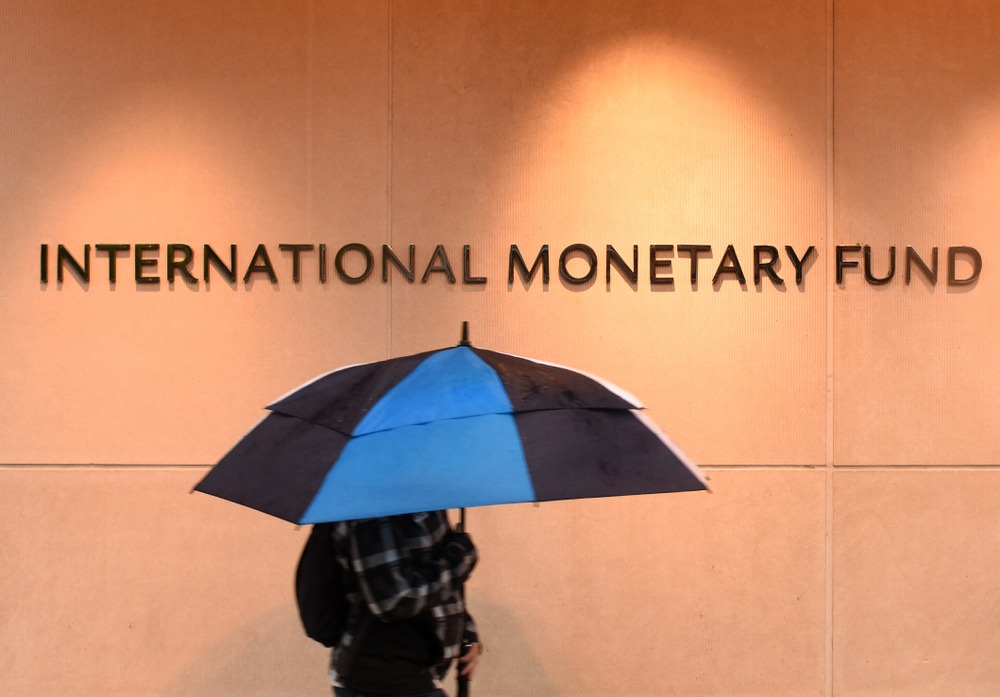A carbon price that begins low and rises steadily could help Asian countries. That is to reach their targets under the Paris climate accord over the next decade. This was a statement from the head of the International Monetary Fund on Thursday, citing new IMF research.
There was a growing consensus that carbon pricing was the most efficient and cost-effective way to curb emissions. This was according to IMF Managing Director Kristalina Georgieva at an event hosted by the People’s Bank of China.
She said, by raising energy prices overall, carbon pricing creates incentives for households and firms to shift toward greener options. That is while promoting energy efficiency, boosting green investments and spurring innovation.
The IMF is urging the world’s largest emitters to adopt carbon price floors. That is to ensure more substantial climate change mitigation, Georgieva said.
On Thursday, London-based climate data provider TransitionZero said China needs to halve carbon dioxide emissions from its coal-fired power plants by the end of the decade. That is, if it is to remain on course to become carbon neutral by 2060.
Critical Changes in Asia
Georgieva said, changes were critical in Asia, which is home to the majority of the world’s population. Moreover, it accounts for almost half of the world’s carbon emissions.
The Asia-Pacific region is already experiencing faster-rising temperatures. Also, more weather-related natural disasters than anywhere else. Notably, she said, climate change is a key driver of rising poverty and worsening food insecurity.
But speeding up the switch to greener economies could help boost the economic recovery from the COVID-19 crisis.
Carbon taxes could also generate substantial revenues. Countries, however, could use other instruments. These include China’s coal tax, which could eventually be scaled up to curb CO2 emissions.
China was taking a major step forward, Georgieva said, with its national carbon emissions trading system for the power sector. Over time, China could put a cap on total emissions, adopt more ambitious targets, and extend the system beyond the power sector, she said.
Shifting away from investment-heavy to consumption-led growth, as well as supporting the expansion of services and high-tech sectors would also help China reach its climate goals, she added.
Elsewhere, in other economic news, John Kerry, America’s special envoy on climate change, is on a whirlwind global tour. This is to obtain support for a climate “leaders summit” on Earth Day next week.
Kerry is hoping to re-establish the US as a climate leader. Moreover, to extract more serious ambition from his peers.













